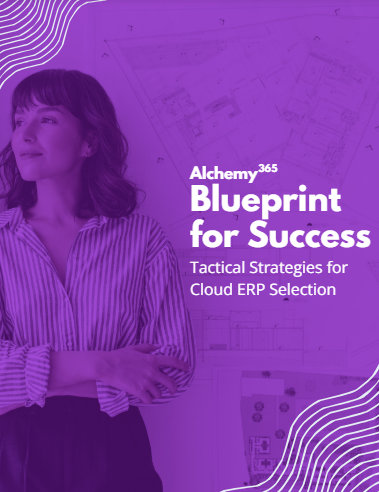What Is an ERP, Anyway?
Imagine if all the different parts of your business—inventory, production, finances, and customer orders—could talk to each other. That’s what an ERP does. It’s a single software system that connects your key operations, giving you a bird’s-eye view of everything.
Here’s a quick example. Let’s say you’re a manufacturer making custom furniture. You get a big order from a new client. Without an ERP, you might have to dig through spreadsheets to check your raw material stock, email the production team to create a schedule, and manually invoice the client after the work is done. It’s time-consuming and leaves plenty of room for errors.
With an ERP, all that information lives in one place. You’d see immediately whether you have enough wood and hardware, assign tasks to your team with a few clicks, and let the system automatically handle invoicing when the order is shipped. Simple, right?
Why Do Manufacturers Need ERP?
Let’s break it down. Manufacturers face some unique challenges:
- Managing Inventory: Running out of materials can delay production, but over-ordering ties up cash and storage space.
- Meeting Deadlines: One delayed step can throw off your entire timeline, risking unhappy customers.
- Staying Competitive: Bigger companies can outpace smaller manufacturers if they’re more efficient.
An ERP helps tackle all these challenges by keeping you organized and informed. It’s like having a personal assistant for your entire operation. Plus, with tools like Alchemy 365, you can even get industry-specific features tailored for manufacturers.
The Big Benefits of ERP for Manufacturers
So, what’s in it for you? Here are some of the biggest perks:
- Streamlined Operations: An ERP eliminates the need for juggling multiple systems. It’s all connected.
- Real-Time Data: See what’s happening in your business right now. Not last week’s numbers—right now.
- Better Decision-Making: With all your data in one place, you can spot trends and plan smarter.
- Improved Customer Satisfaction: Deliver on time, every time. Happy customers are repeat customers.
- Cost Savings: Reduce waste, avoid double work, and free up your team’s time for more valuable tasks.
What’s the ROI of ERP for Manufacturers?
Let’s talk dollars and cents. Investing in an ERP might sound pricey, but the return on investment can be huge.
Take this fictional example: Alex runs a small metal fabrication shop. Before implementing ERP, Alex’s team spent hours each week chasing down inventory discrepancies and fixing billing errors. After adopting Alchemy 365, they cut that wasted time by 50% and improved on-time delivery rates by 30%. The result? Happier customers and a healthier bottom line.
Here’s another compelling stat: A Forrester study found that organizations typically experience a 162% return on investment (ROI) over three years with Microsoft Dynamics 365 Business Central.
Think about the areas where your business could save time or avoid mistakes. Whether it’s fewer production delays, less manual data entry, or lower inventory costs, an ERP often pays for itself faster than you’d expect.
When’s the Right Time to Get an ERP?
Here’s a simple rule of thumb: If managing your operations feels like playing a never-ending game of whack-a-mole, it’s time to consider ERP.
Maybe you’re outgrowing spreadsheets. Maybe you’re losing track of orders or struggling to keep up with customer demands. Or maybe you just want to set your business up for long-term growth. Whatever the case, an ERP can make a world of difference.
How Alchemy 365 Can Help
At Alchemy 365, we specialize in like you take control of their operations. Our ERP solutions are built to simplify the complex and let you focus on what you do best: creating great products.
We know ERP isn’t a one-size-fits-all deal. That’s why we work closely with manufacturers to make sure our tools fit their specific needs. If you’re curious about how ERP could work for your business, we’re here to help.
Wrapping It Up
ERP might sound intimidating, but it’s all about making your life easier. For small-to-mid manufacturers, it’s a game-changer that helps you stay organized, competitive, and ready to grow.
If you’re ready to stop juggling spreadsheets and start running your business with confidence, it might be time to look into ERP. And if you’re curious about where to start, Alchemy 365 is just a click away.






